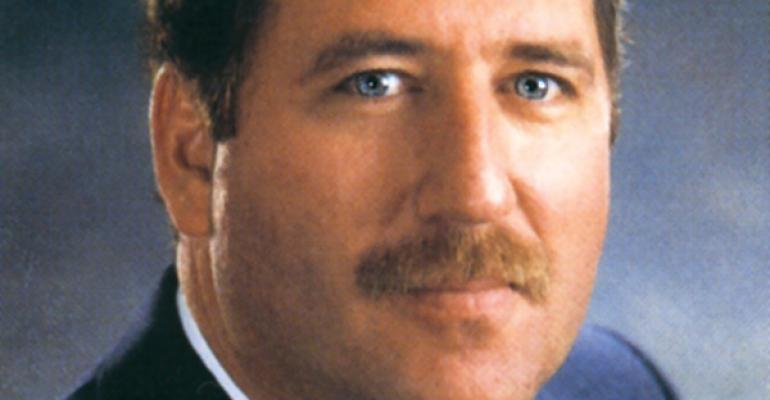Last time, we looked at four words in dealership sales or service that determine whether you deliver excellence. They are: accountability, communication, comprehension and consistency.
They can mean the difference between success and failure at a car dealership. We’ve delved into accountability and communication. Now, let’s consider comprehension and consistency. Then we will put all four together to show how a well-run business depends on them.
As previously noted, accountability is defined as “the quality or state of being accountable; especially an obligation or willingness to accept responsibility or to account for one's actions.”
Examples from everyday life show how people are accountable, yet the conclusion was that when it comes to work, no one wants to be held accountable, least of all sales and service employees.
Communication is defined as “a process by which information is exchanged between individuals through a common system of symbols, signs or behavior.” While seemingly straightforward, we learned that communication can be challenging at best.
Now, let’s consider comprehension and consistency and see how all four tie together.
Comprehension is defined as “the act or action of grasping with the intellect; understanding.”
Do your people understand what they are accountable for? Most people will answer “Yes.” Yet most of the time, they make mistakes or fail to meet expectations because of a lack of understanding.
Comprehension cannot be assumed. Without a clear understanding, employees either do what they think should be done or what they feel like doing. Rarely are expectations met that way.
Comprehension comes when an individual fully understands what is being done, how it must be done and why it matters. To fully comprehend, an individual must be involved in the process. They have to understand the benefit for the customers and themselves.
If you ask someone to jump off a bridge, 99% of the time they will ask why. They need to understand before acting, because it could be their “final act.” The same is true in business to a less dramatic extent. If something is asked of someone, it’s best that they know why.
Employees perform better when they understand why processes exist. Often, simply asking questions will provide a reality check on whether an employee understands, and if management is communicating clearly. This is not a dress rehearsal.
Consistency is “harmony of conduct or practice with profession.” Another primary cause of misunderstanding is a lack of consistency from one manager to the other, or even by the same manager.
If employees are educated on processes and expectations, inconsistently leaves staffers wondering what to do. How can any employee be held accountable if the rules change day to day? Managers must be consistent.
If changes are made, management must back up, communicate what employees are responsible for, ensure comprehension and apply the new standards consistently. Only then can managers hold employees accountable and the business achieves sales and service excellence.
Have you ever wondered why an airline pilot walks around the plane before takeoff and then meticulously goes through a checklist before starting the plane? Even pilots who are 25-year veterans consistently go through the same process before every flight. That pilot knows – comprehends – that the procedures and processes that have been communicated are in place to ensure that the plan and its passengers arrive safely at a destination, a trip he is accountable for.
Accountability, communication, comprehension and consistency, when taken to heart and applied by dealership management, truly are the four most important words in achieving excellence.
Richard F. Libin is president of Automotive Profit Builders. He can be reached at [email protected] and 508-626-9200.





